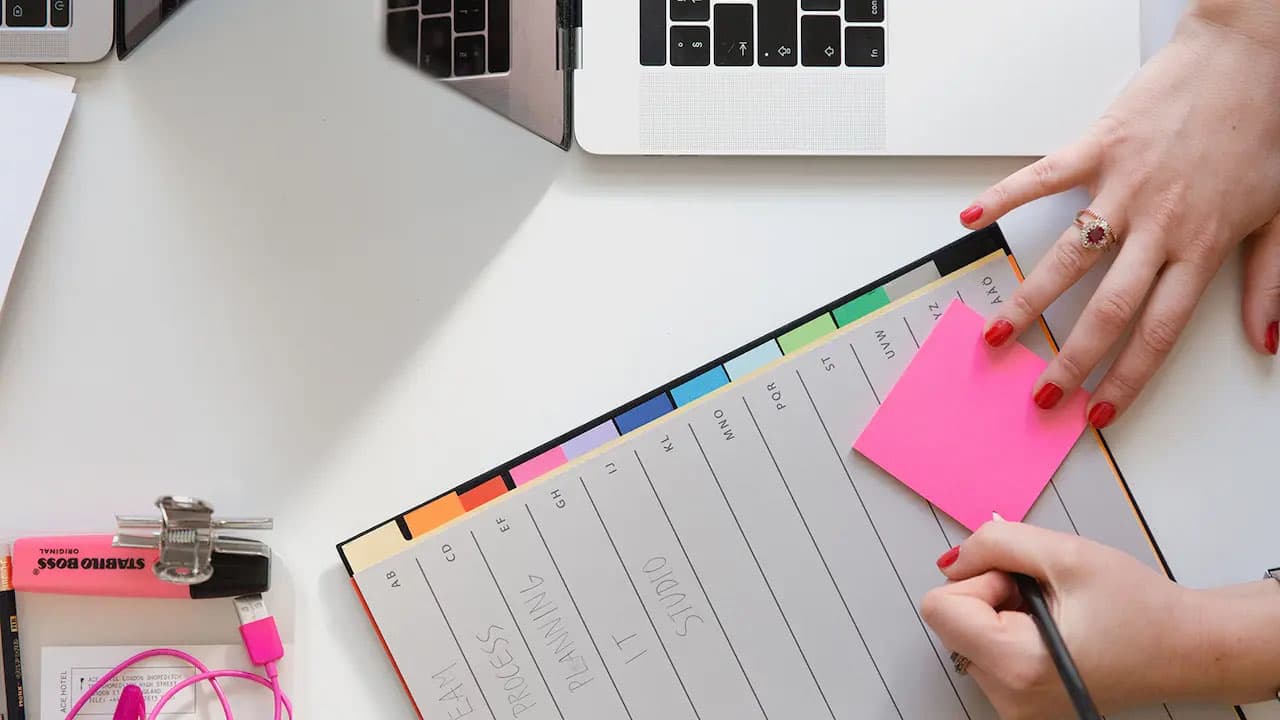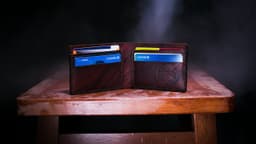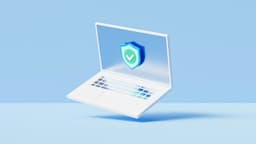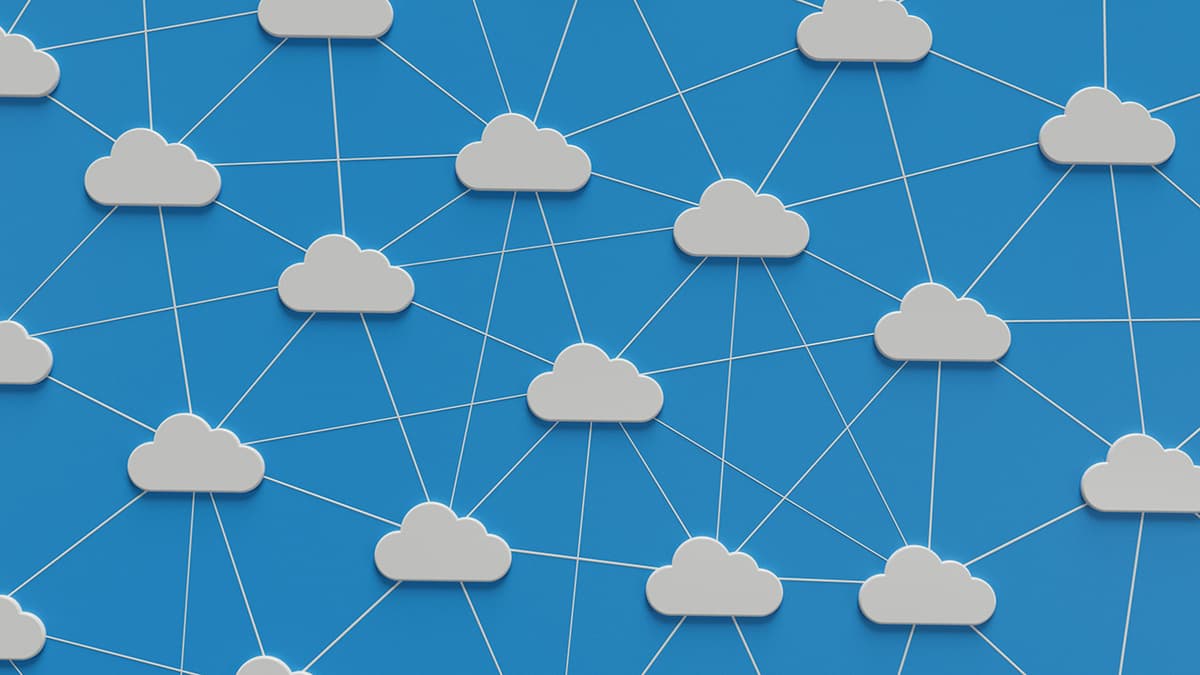Mastering the Art of the Second Interview Follow-Up Email
Congratulations on reaching the second round of interviews! This is a significant achievement. One important step remains: sending a follow-up email after your second interview.
A well-crafted follow-up email can keep you in the hiring managers' minds and may help you secure the position. It shows professionalism and reinforces your interest in the role.
Why Send a Follow-Up Email?
A follow-up email serves multiple purposes:
- Show gratitude for the interviewer’s time.
- Reiterate your interest in the position and the company.
- Recap your strengths and qualifications.
- Address any questions or concerns that arose during the interview.
- Maintain open communication.
A follow-up email is a key part of the interview process. Let’s go over how to write an effective email.
The Perfect Timing
Timing is crucial. If you wait too long, you might be forgotten. If you send your email too quickly, you risk appearing impatient. A good rule is to send your email within 24 hours of the interview. This shows promptness and respect for the hiring timeline.
The Structure of Success
A strong follow-up email has a clear structure. Here's how to organize it:
The Salutation
Start with a friendly salutation. Use "Hello [Interviewer's Name]," or "Dear [Interviewer's Name],".
The Thank-You
Begin by expressing gratitude for the opportunity to meet again. This shows you appreciate their time and effort.
The Recap
Remind them why you are a strong candidate. Briefly recap your qualifications and how they align with the company’s needs. Mention specific topics from the interview that highlight your suitability.
The Enthusiasm
Reiterate your excitement for the role and the company. Let them know your desire to join the team has only increased after the interview.
The Cliffhanger
Wrap up with an open invitation for further discussion. Politely ask if they need more information from you.
The Sign-Off
Close professionally. Use "Best regards," "Sincerely," or "Thank you again," followed by your name.
The Pitfalls to Avoid
Avoid mistakes that could hinder your chances. Spelling errors can seem unprofessional, so use spellcheck and read your email aloud. Also, avoid a tone that suggests you assume the job is yours. Confidence is good, but be careful not to appear presumptive.
Here’s an example:
Markdown
A thoughtful follow-up email after your second interview can be a key factor in your success. Keep it concise, polite, and positive. Good luck!












